
NEWS
CRISPit Mid-Term Meeting
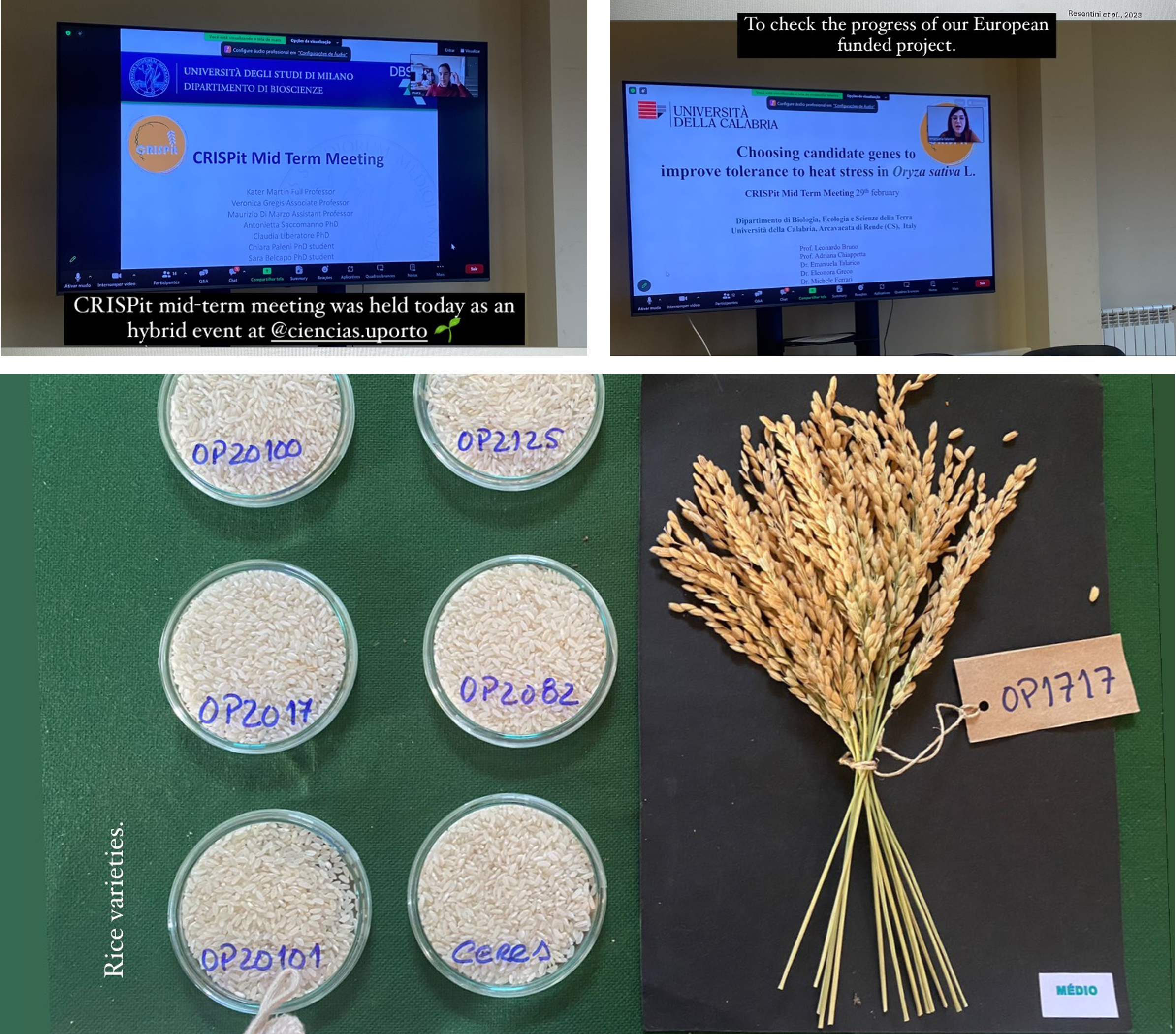
The CRISPit team convened on February 29, 2024, for the project's mid-term meeting, held both virtually and in person. During this gathering, each beneficiary presented their ongoing work, highlighting significant results and discussing new protocols aimed at advancing CRISPit research on enhancing rice resilience to heat stress conditions. This meeting served as a crucial checkpoint to assess the progress of our collective efforts and to adjust future strategies accordingly. Additionally, we welcomed new international partners to our consortium, further enriching our collaborative network. Stay tuned for further updates on our progress and developments within the CRISPit project.
Exploring the Secrets of Plant Reproduction at FCUP's "Biologia ao fim da tarde"
Another enlightening session of the "Biologia ao fim da tarde" lecture series took place at the Faculty of Sciences, University of Porto (FCUP), in collaboration with the Department of Biology, the Biology Students' Association (NEBUP), and the Northern Regional Delegation of the Order of Biologists on November 22, 2023. One of the themes discussed during this session was "Seeds of Life: Exploring the Secrets of Sexual Reproduction in Plants" by our researcher Ana Marta Pereira, delving into this fascinating topic. Her insights shed light on the intricate mechanisms and processes involved in plants' sexual reproduction, sharing her expertise and passion for botanical science. The session provided a unique opportunity for students, researchers, professors and enthusiasts alike to deepen their understanding of plant biology and engage in interesting discussions.
KEPLR & CRISPit Joint Kickoff Symposium
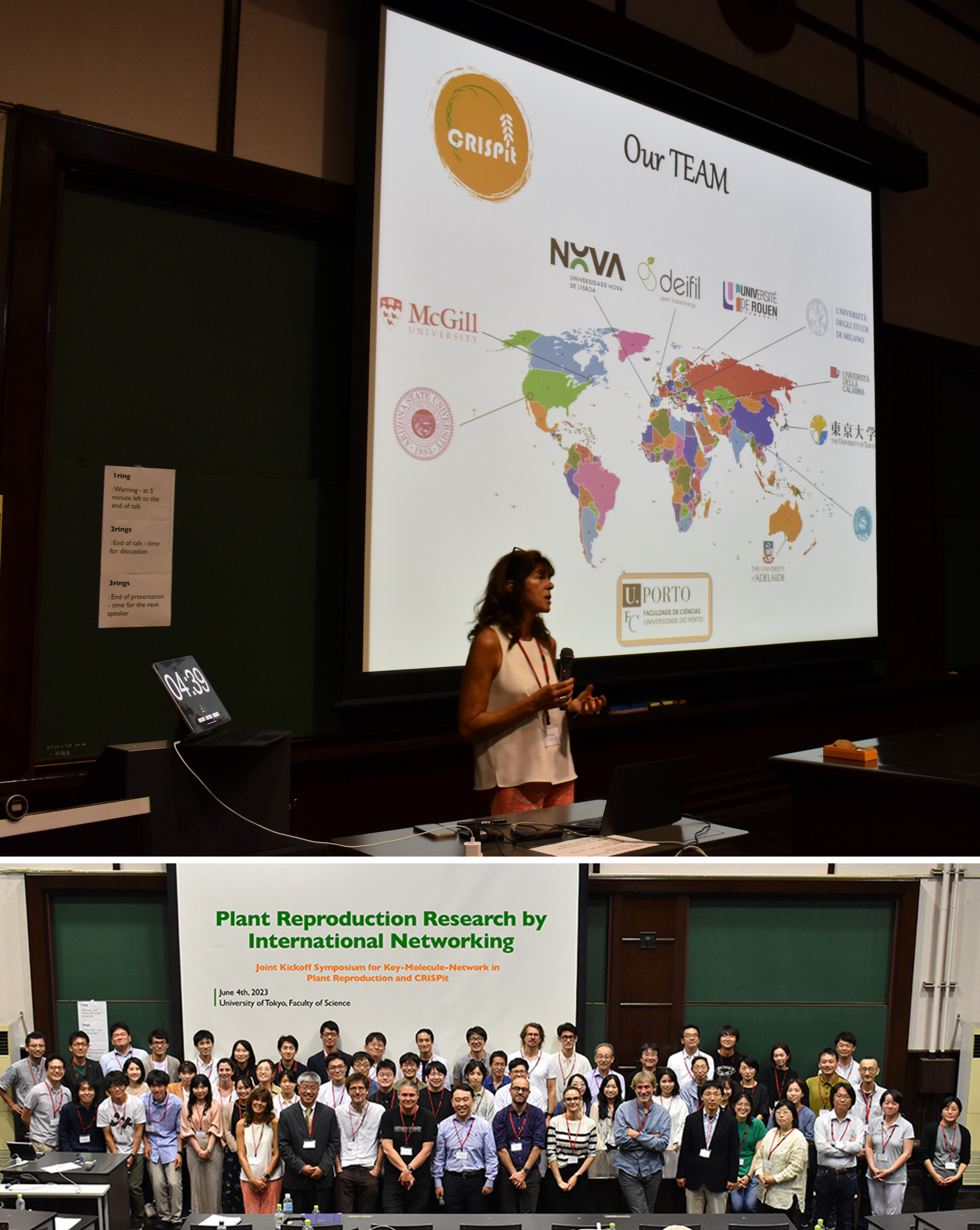
A kickoff symposium titled "Plant Reproduction Research by International Networking" was organized by Professor Tetsuya Higashiyama (University of Tokyo), in the frame of the "Key-Molecule-Network in Plant Reproduction" (KEPLR) project along with Sílvia Coimbra (University of Porto), coordinator of the new European project CRISPit. The symposium took place at the University of Tokyo on June 4, 2023. The event had 61 participants, and the program included an introduction to the projects’ objectives, presentations by domestic and international collaborating researchers. Moreover, discussions centred around fostering travel opportunities for young researchers to engage and collaborate with overseas principal investigators, fostering invaluable connections and knowledge exchange. This event signifies a pivotal moment in advancing plant reproduction research, highlighting the power of international collaboration and the innovative work spearheaded by the KEPLR and CRISPit projects.
Fascination of Plants Day @FCUP
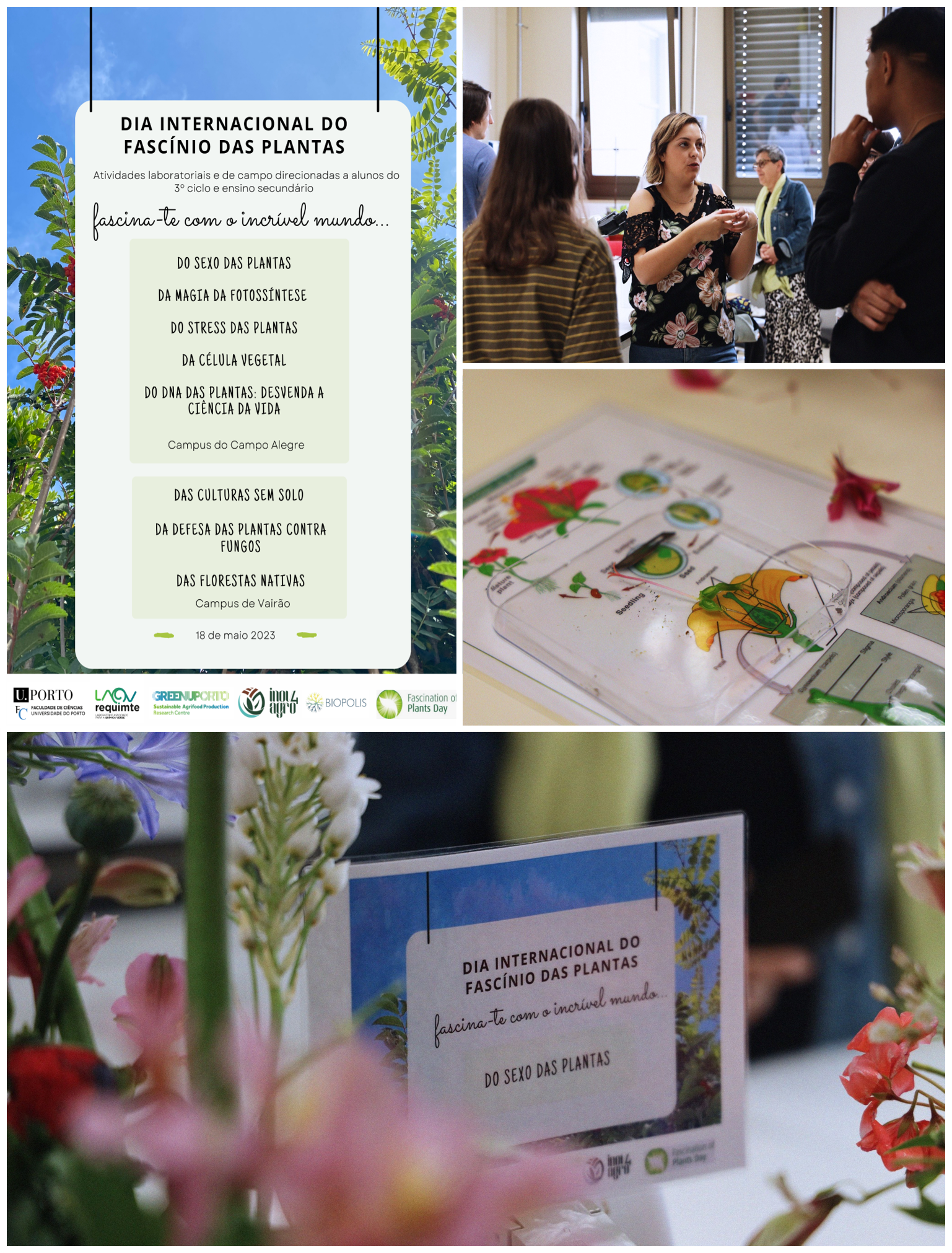
On May 18, 2023, the Department of Biology at FCUP had the pleasure of hosting secondary school students eager to delve deeper into the enchanting world of plants. Thsi event was organized with the help of CRISPit team, experts in Plant Reproduction. It was a fantastic opportunity for these young minds to explore and understand the wonders of botany firsthand. From photosynthesis to plant adaptations, from biodiversity to the role of plants in sustaining life on Earth, we covered it all. Seeing the curiosity and excitement on the faces of these students reaffirms our commitment to fostering a love for plant science and inspiring the next generation of botanists. Here's to celebrating the beauty, importance, and sheer marvel of plants on this special day! Let's continue to spread the fascination far and wide!
CRISPit in the news @FCUP
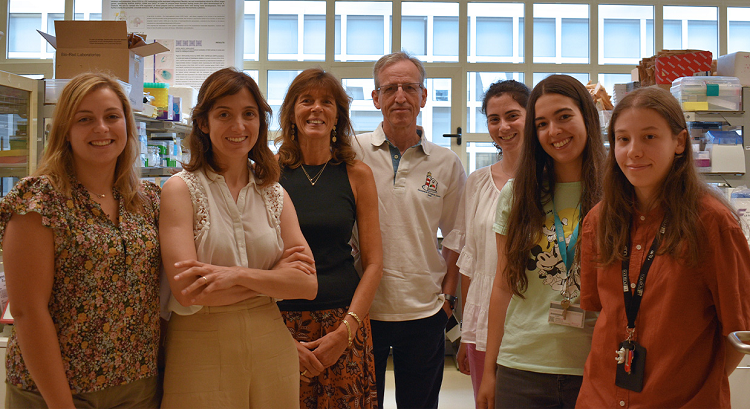
A group of portuguese scientists want to edit the genome of rice plants and make them more resistant to heat stresses. The Sexual Plant Reproduction and Development laboratory (SPReD lab) from the Faculty of Sciences, University of Porto is now coodinatng CRISPit, an European funded project involving a large international consortium. The proof of concept will be carried out with the Arabidopsis thaliana species - a model plant par excellence for those who work with plants, having been the first whose genome was completely sequenced. “We are going to select the genes to be studied, with different responses in relation to heat stress in Arabidopsis, so that, after this first selection, we can move on to rice and edit these genes using the CRISPR technique”, says Sílvia Coimbra. The objective is to generate quick knowledge that can be easily translated into concrete results in the rice plant, whose growth cycle is slower.
CRISPit in the news @Publico
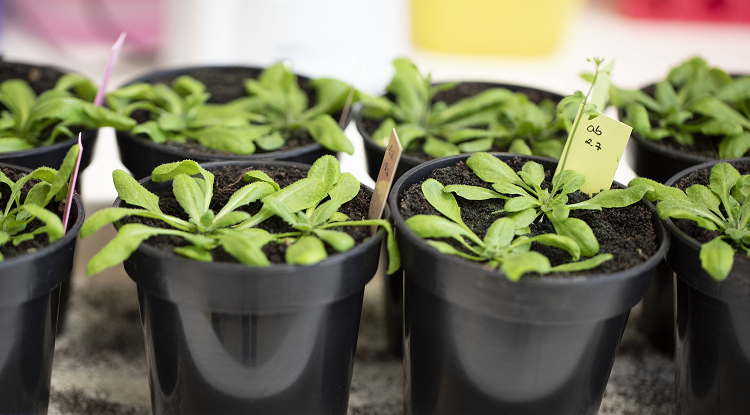
An international consortium, led by a Professor at Faculty of Sciences of the University of Porto (FCUP), started a project this year to try to make rice more tolerant to heat. With the help of a genetic "editing" technique called CRISPR-Cas9, researchers will try to develop and select varieties capable of being more successful in times of climate crisis. The initiative is called CRISPit and has European funding provided by the Horizon Programme. The objective is to better understand the biomolecular movements that regulate heat tolerance during the reproductive process of rice. FCUP will coordinate, over the course of four years, a consortium with ten partners in countries such as Italy, France, the United States, Japan and Vietnam. In Portugal, count on the collaboration of the Institute of Chemical and Biological Technology, in Lisbon, and Deifil, a plant biotechnology company.
Do you want to send us a message?
Please, don't hesitate, we will be happy to answer your questions.